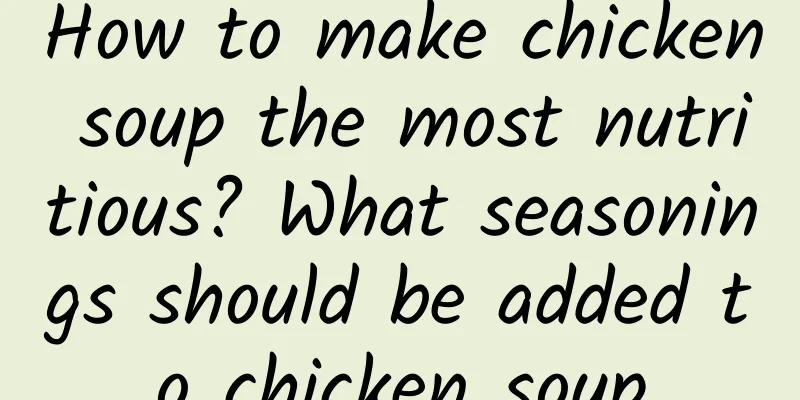Ovulation bleeding and lower abdominal pain

|
Below the lower abdomen of women is the huge reproductive system in their bodies, so when there is pain in the lower abdomen, it usually means that there is a disorder in the reproductive system. Many women experience lower abdominal pain mainly due to the arrival of menstruation. Menstruation generally increases the feeling of lower abdominal pain in women, which is a normal phenomenon. However, many women bleed and have lower abdominal pain during ovulation. Is this normal? During a woman's ovulation period, external factors such as environmental changes, staying up late, stress, and mood can cause estrogen levels to fluctuate and decrease, leading to endometrial shedding and vaginal bleeding. This is called ovulation bleeding. Since the endometrium is shedding at this time, the patient will usually experience lower abdominal pain similar to menstruation, so occasional ovulation bleeding does not require special treatment. If you experience ovulation bleeding accompanied by lower abdominal pain for three consecutive months, you need to go to the hospital's gynecology department to check six hormone levels, and then use short-acting contraceptives to treat the symptoms. What should I pay attention to when I have lower abdominal pain? 1. Eat less cold food Try to eat less cold food. These foods have the effects of clearing away heat and detoxifying, nourishing yin and reducing fire, such as pears, bananas, watermelons, bitter melon, etc. Try to avoid or reduce their intake during menstruation, otherwise it is easy to cause symptoms such as dysmenorrhea and irregular menstruation. 2. Eat less spicy food In addition, girls who like spicy food should pay attention. Spicy and irritating foods such as cinnamon, pepper, cloves, and pepper should not be consumed during menstruation, because these foods have the effect of activating blood circulation and can easily lead to symptoms such as dysmenorrhea and excessive menstrual bleeding. 3. Avoid overheated or overcooled food Pay special attention not to eat cold things, such as ice cream, popsicles, frozen foods, cold fruits, etc. These foods are the cause of abdominal pain. In daily life, we should eat more cooked and hot food so that our stomachs will feel comfortable. 4. Eat less blood-activating foods Another thing to note is that during menstruation, especially in the later stages, you should eat less blood-activating foods, such as rapeseed, peaches, crabs, wine, peach kernels, onions, yam, garlic, onions, ginger, sweet potatoes, cauliflower, mushrooms, grapes, lemons, pineapples, grapefruits, olives, hawthorns, and fungus. |
<<: Is it safe to wear a condom during ovulation?
>>: Why do breasts swell during ovulation?
Recommend
The invisible killer of children's visual development cannot be ignored!
Many diseases require the golden treatment time O...
Are there any scars on my belly from abortion?
In today's society, young people have more op...
Men, you must understand the pain that women feel!
Content from : Gu Zhuowei Shanghai Jiao Tong Univ...
Can I eat eggplant during menstruation?
Eggplant and melon are popular among many people....
Sweating on the inner thighs of women
Many women have this experience when they sleep a...
Why is the vulva so itchy?
Many women experience itching in their genitals, ...
What should pregnant women do if they have conjunctivitis?
The health of pregnant women is the most importan...
Is it normal to have no fetal heartbeat or embryo at 50 days of pregnancy?
During pregnancy, most pregnant women are happy a...
Can women still have sex after menopause?
After menopause, women's body functions in al...
What should pregnant women do if they have oral ulcers?
Many women, during pregnancy, often suffer from p...
What foods are good for the uterus and ovaries?
The two most important organs in the female body ...
Can I have an abortion if I can't see the gestational sac?
Generally, when women undergo B-ultrasound examin...
Why do women often lose their hair?
Every woman wants to have beautiful hair, but bec...
What to do if a pregnant woman feels pain all over her body
Being pregnant and having a baby is a very hard t...
Peeling around genitals
Peeling of the genitals brings great obstacles to...









